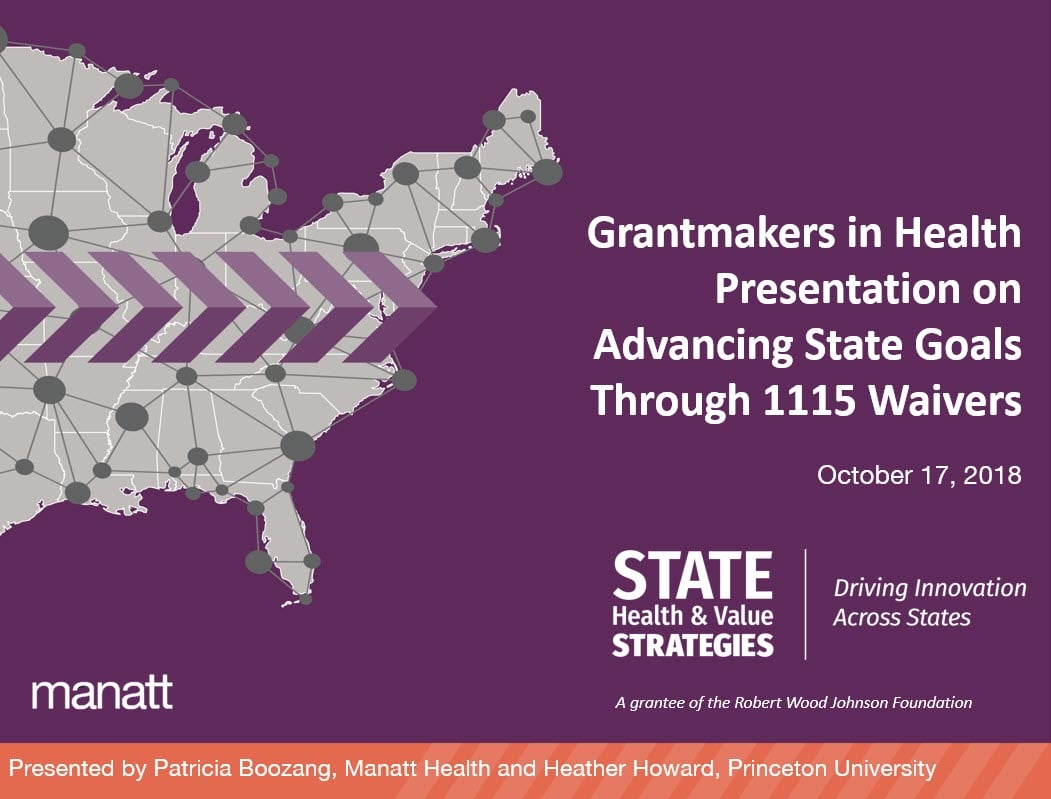Webinars
Capturing Election Momentum for Building Power
In this final webinar in the FCCP Election Series Discussion listeners explored practical pathways that can capture election momentum to build long-term power for communities of interest. Together participants crafted potential solutions to help bridge the post-election decline in funding and retain grantee capacities at a time when that will be critical.
Funders Census Initiative Briefing Series: Census 2020 Messaging Testing Results – Part 3
The Funders Census Initiative presented the second in a series of briefings on census messaging results developed in partnership with the Democracy Funders Collaborative Census Subgroup.

Medicaid Waivers: An Update
On this webinar, funders learned about approved and pending Medicaid waivers, explored the response to flexibilities such as work requirements and managed care contracting, and discussed how foundations might work within these processes to promote health outcomes and protect consumers.
What Funders Need to Know About “Public Charge”: An Analysis of the Published Rule
In this webinar, participants discussed the recently proposed “public charge” rule would allow federal officials to consider immigrants’ use of Medicaid, the Supplemental Nutrition Assistance Program, the Medicare Part D Low-Income Subsidy Program, and several housing programs in determining whether to deny entry into the United States or make adjustments to legal permanent resident status. Listeners learned more about the proposed rule and discussed ways that funders can take action.
Advancing Health Equity with Harm Reduction Strategies
On this webinar, funders learned how harm reduction approaches are being effectively implemented in community health centers and other settings, with a particular focus on services supporting homeless individuals and women with behavioral health conditions.
